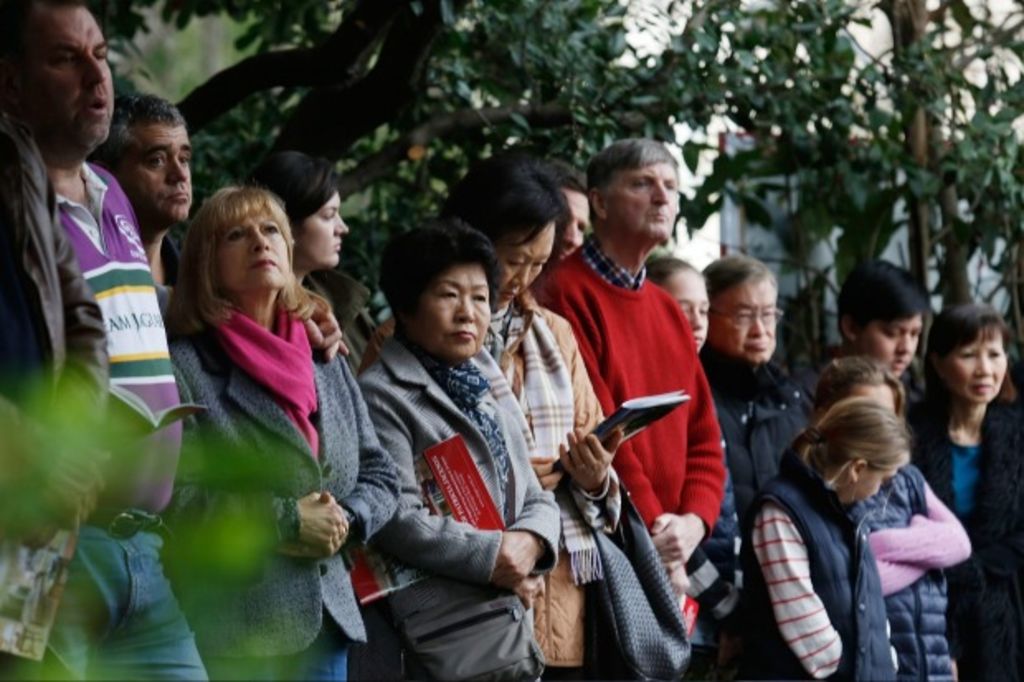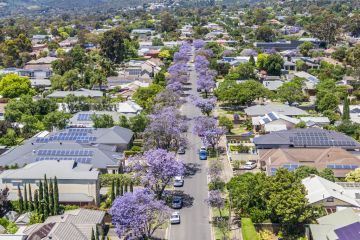First-home buyers: How old is too old to buy a home?

Australians are stepping onto the property ladder later in life, but older buyers say they are facing an uphill battle to convince banks to put them on their ledger.
Older mortgage applicants are being asked to provide additional information such as superannuation balances and exit strategies.
Age Discrimination Commissioner Susan Ryan said older Australians had informally complained to the Human Rights Commission after they were refused home loans based on their age.
“We do hear of people being told they are too old,” Ms Ryan said. “But I send them straight back [to the lender] to say, ‘age is only a factor’. If it is the only factor, they are breaking the law.”
The Age Discrimination Act prevents banks and brokers from treating older home loan applicants differently from younger buyers, and the big four banks say there are no age restrictions or health assessments for first-home buyers.
Likewise, Aussie Home Loans founder John Symond said he was not aware of any recent changes or further restrictions lenders had placed on older applicants.
“Obviously you have a harder look towards the end of a person’s working career than you would at the start, but [age] is just a factor – I wouldn’t put any more emphasis on it when approving a loan than anything else,” he said.
The average age of a first-home buyer increased from 25 in the 1970s to 31, according to analysis by Genworth in 2011. This is expected to grow as soaring prices prevent a growing number of young buyers from entering the market.
In addition to a delayed entry into home ownership, Ms Ryan said Australians were staying in employment longer and this meant lenders would increasingly have to take older applicants into account when penning policies.
But Ian Yates from the Council on the Ageing believed age discrimination had decreased in recent years.
He had seen a shift from some of the major banks to recognising that the emphasis should be on an applicant’s capacity to repay.
Mortgage Choice spokeswoman Jessica Darnbrough said the older a borrower was, the more there would be a focus on the proof of income to service the mortgage, not just right now but over the life of the loan.
She said it would be a part of the mortgage broker’s due diligence to ask a buyer in their 60s or 70s for their exit strategy.
“They’re going to make sure – if you’re within a retiring age – that you definitely have the capacity and ability to make the mortgage repayments on a monthly basis,” Ms Darnbrough said.
However, Finder.com.au’s Michelle Hutchison believed it could actually be easier for older Australians to get a foothold on the property ladder.
“Many older Australians are asset rich and earning a higher income than younger Australians, which means they are in fact less risk, making it potentially easier for them to get a home loan compared to a first home buyer with a lower income and no assets or proven credit history,” she said.
Real Estate Institute of Australia chief executive Amanda Lynch said there were also additional considerations for buyers looking at a loan later in life.
Older workers could experience periods of unemployment and find it was more difficult to get a job, she said, so they would need to factor in a buffer for when their circumstances change.
Because they might be servicing some of the loan post-retirement, they would also need to ensure they had a healthy superannuation nest egg as well, Ms Lynch added.
“It’s never too late to buy a property as long as you plan for various stages and financial challenges in your life,” she said.
“We’ve heard of older people who are buying houses with their children and living in dual-occupancy houses, and they are also living with adult children who are carers, who are assisting with mortgage repayments.
“So there is room for a whole different range of living options which can make it financially viable to buy a house into your older age.”
We recommend
We thought you might like
States
Capital Cities
Capital Cities - Rentals
Popular Areas
Allhomes
More






